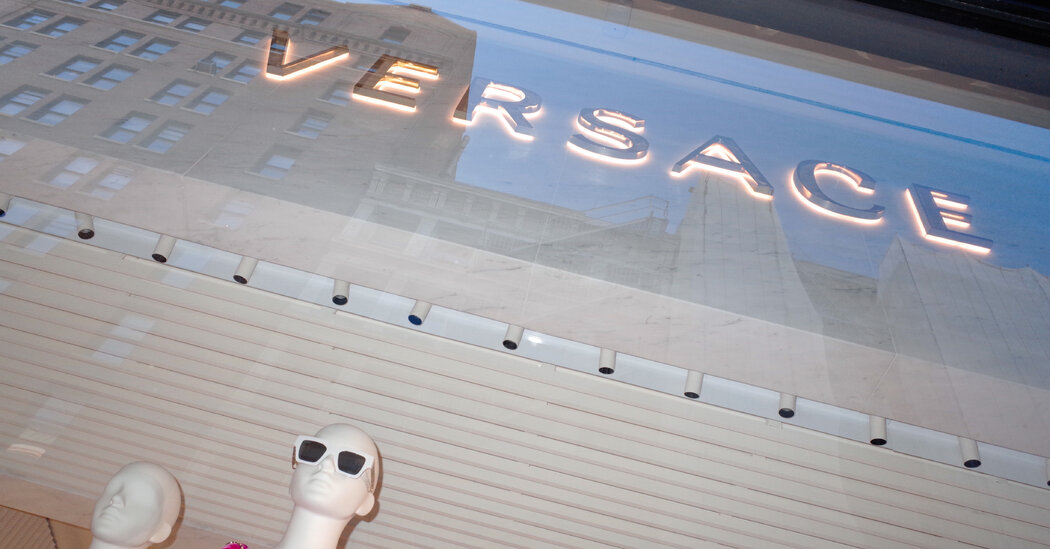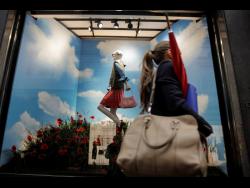
The two fashion conglomerates, Tapestry and Capri Holdings, generate about $12 billion in combined revenue.
Tapestry, the fashion company that owns Coach and Kate Spade, said on Thursday it had acquired Capri Holdings, the parent of Versace and Michael Kors, for about $8.5 billion, a sign of consolidation in the luxury market.
Capri shareholders will receive $57 per share in cash. Combined, the two conglomerates account for $12 billion in revenue.
The deal is a partnership of two large American companies with familiar luxury brands coming together as high-end retailers look for growth, amid signs that U.S. consumers are pulling back on discretionary spending.
Tapestry and Capri together include six brands, including Jimmy Choo and Stuart Weitzman.
For Tapestry, the acquisition will help expand its reach in Europe, the Middle East and Africa, and it would give Capri’s brands more exposure in Asia.
The chief executives of both companies stressed that the combination would bring their handbags, shoes and apparel to a broader consumer base across 75 countries and let them tap into more resources. The companies said the merger also presented an opportunity to increase their direct-to-consumer business and save them $200 million in operating and supply-chain costs within three years.
Bringing the six brands together “creates a new powerful global luxury house, unlocking a unique opportunity to drive enhanced value for our consumers, employees, communities, and shareholders around the world,” Joanne Crevoiserat, chief executive of Tapestry, said in a statement.
“By joining with Tapestry, we will have greater resources and capabilities to accelerate the expansion of our global reach while preserving the unique DNA of our brands,” John D. Idol, the Capri chief executive, said in a statement.
Tapestry’s stock was down 3 percent before the market open on Thursday. Capri rose nearly 60 percent. On Wednesday, before the news was announced, Capri’s stock closed at just under $35.
“The potential deal comes at a time when luxury is facing something of a slowdown, especially in the North American market where consumers, even at the higher income end of the market, are starting to curtail spending,” Neil Saunders, managing director at GlobalData, said in an emailed statement. “This has put pressure on Tapestry and Capri, both of which are now looking to international markets to bolster growth. There is more security in embarking on bold international plans as a larger entity.”
The deal also gives Tapestry more cachet in the luxury market, analysts said.
“Tapestry has long-eyed becoming a bona fide ‘house of luxury’” similar to Kering and LVMH in Europe, said Craig Johnson, president of consultancy Customer Growth Partners. “But its current brands are near-luxe rather than true luxe. Capri gives Tapestry a toehold in the true luxe world, which even though Kors is by far Capri’s largest brand, over time Versace may well be the real ‘jewel in the crown.’”
In its most recent quarter, Tapestry’s net sales increased 13 percent. Capri’s revenue in its most recent quarter fell 10.5 percent.
Tapestry said it would report its quarterly and full-year earnings on Aug. 17.
This post was originally published on this site be sure to check out more of their content.




